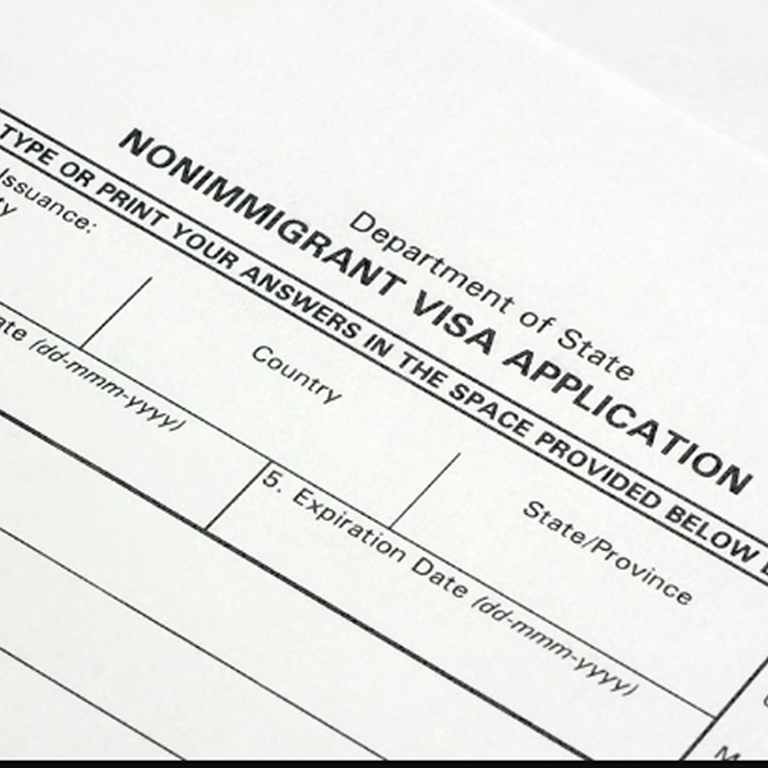
Non-Immigrant Services
Temporary workers (H and L Visas) can work in the U.S. after a petition is submitted by the employer-to-be in the United States and is approved by the USCIS. H1B Visas (for Specialty Occupations) are given to college-educated professionals (e.g. software programmers). In this status, they can work for a total of six years in the United States. H1C Visas are for Registered Nurses, H2B for Non Agricultural Workers, H-3 for Trainees. The L Visa is for Intra-Company Transferees who are executives or managers of foreign-based companies or who are essential, specialized-knowledge employees. Nonimmigrants apply to come to the U.S. on a temporary basis on either a B-1 Visa for business (e.g. attending conferences, business meetings) or on a B-2 Visa for pleasure (e.g. tourism, visit friends or relatives). These visas require that the applicant has permanent residence in the home country, which s/he has no intention of abandoning, that the person enters the U.S. for a temporary period, and that s/he engages in activity relating to business or pleasure (no employment).
When new businesses decide to either start or expand into new territories, the multiplicity and complexity of tax laws and risks increases tremendously. Our tax experts will help you navigate through the plethora of laws to create and structure your business entity that is optimized in accordance to local as well as national financial and tax laws.
The U.S. attracts many foreign nationals to its diverse and strong institutions of learning. The F-1 Visa (Academic Student) allows one to enter the U.S. as a full-time student at an accredited (U.S. government- approved) college or university. The student must be enrolled in a program or course of study that culminates in a degree, diploma, or certificate. The M-1 Visa (Vocational Student) is issued to students who want to pursue non-academic programs (health care technician, machinist, dental hygienist, etc) in an established institution. The J-1 Visa (Exchange Student) is for students pursuing graduate / post-graduate studies, visiting scholars, medical doctors undergoing training, etc.
In order to obtain a K-1 fiancé(e) visa, you and your fiancé(e) must intend to marry each other within 90 days of your fiancé(e) entering the U.S as a K-1 nonimmigrant. Your marriage must be valid, meaning both you and your fiancé(e) have a bona fide intent to establish a life together and the marriage is not for the sole purpose of obtaining an immigration benefit.
An S nonimmigrant is an individual who has assisted a law enforcement agency as a witness or informant. A law enforcement agency may submit an application for permanent residence (a green card) on behalf of a witness or informant when the individual has completed the terms and conditions of his or her S classification.
